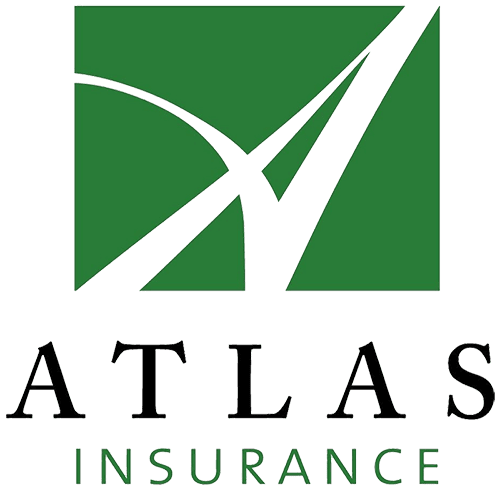Title insurance is a common type of commercial property insurance in FL. You may need it to protect your interests in a property you’re buying. Your mortgage lender may also require you to get the coverage as a condition for loan approval.
What Is Covered by Title Insurance?
Title insurance covers any liens or ownership disputes that property being purchased may have. It can protect either the buyer or mortgage lender against various risks related to the title in question. These include:
- Forged titles
- Tax owed
- Filing errors
- Conflicting ownership interests
- Liens on the property, like unpaid contractor bills or outstanding home equity loans
- Unrecorded easement
Types of Title Insurance Include:
-
Lender’s title insurance:
When you apply for a mortgage, your prospective lender may require you to buy title insurance. This policy protects the financial institution from title claims that would jeopardize their stake in the property they’re financing. It’s a closing cost you may incur for mortgage approval.
-
Owner’s title insurance:
You may ask the property seller to obtain this coverage on your behalf at closing. While it’s not mandatory, having it can protect you if your right to own the property is challenged after closing.
- Warranty title:
This is a form of assurance from the seller that they have the right to transfer ownership of the property. You can request the seller to provide a warranty title that protects your stake in the property when you don’t have title insurance or are buying in cash.
The Cost of Title Insurance
You’ll typically make a one-time payment for your title insurance policy, which may range between $500 and $3,500. If a mortgage lender requires you to obtain this coverage, you should also budget for additional related costs, such as courier charges and wire transfer fees.
Generally, title insurance premium rates vary by factors such as:
- Your coverage provider
- Property’s location
- Property’s purchase price
- Amount of coverage provided to suit your unique requirements for a specific real estate transaction
The cost will increase if you purchase a title endorsement in addition to the standard coverage. For example, you may need a restriction endorsement for protection against any HOA violations pertaining to the property.
You could save money on title insurance by comparing quotes from different providers in most states. However, states like Texas and Florida require all title companies to set the same premium for the same amount of coverage.
Do I Need Title Insurance as a Buyer?
You don’t have to get your own title insurance as a buyer in most cases. However, you can still invest in the policy for protection in case a lien against the property is discovered after you purchased the property.
Consider this example: the contractor who built the property is owed $70,000, an old lien not discovered during the initial public records search. As the current owner of the property, you might be liable for the outstanding debt to clear your title. Your policy would cover the debt and your legal fees to dispute the lien in court.
Tips to Choose a Title Company
- Consult your mortgage lender or agent in your search for a reputable title provider
- Request recommendations from friends or family who have enlisted a trusted title company before
- Screen potential providers based on their experience, reviews from previous clients, and amount of completed transactions
Paying for Title Insurance
- Lender’s title insurance: As the buyer, you’ll pay for this coverage.
- Owner’s title insurance: This policy isn’t usually required. If you need it, you can ask the seller to pay for it during negotiations.
For any questions about real estate property coverages, contact our experts at Atlas Insurance. We can help you find a customized commercial property policy or construction insurance solution that suits your unique needs.
